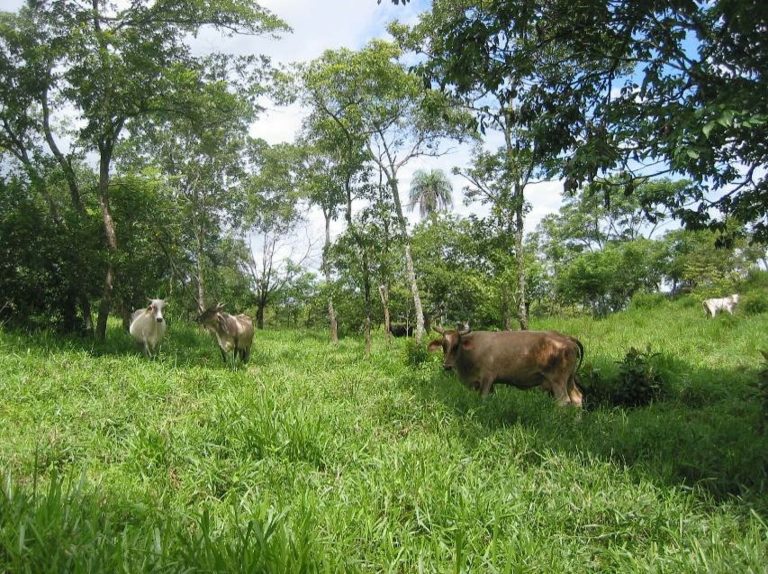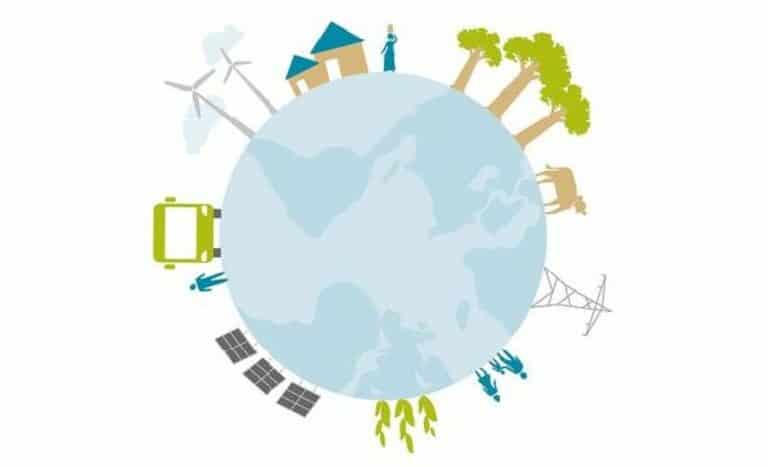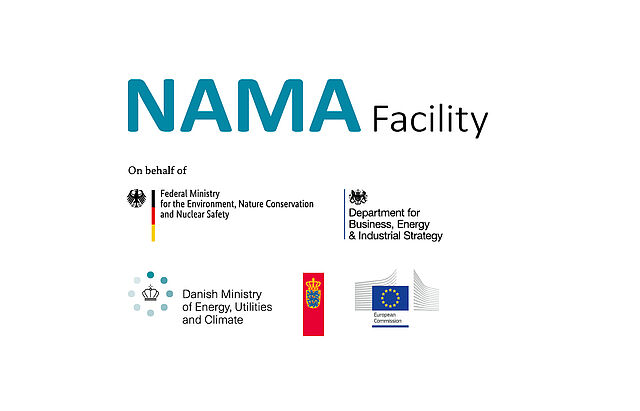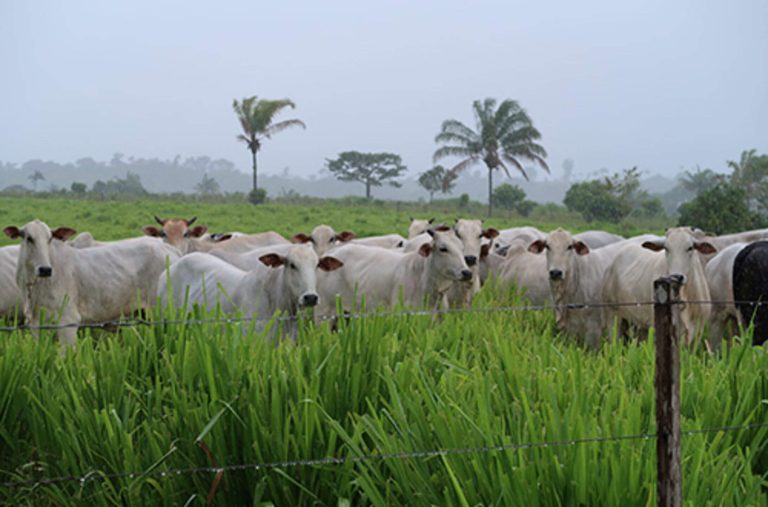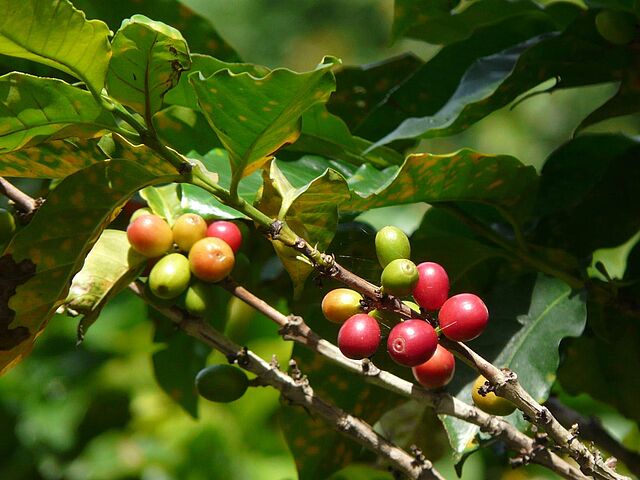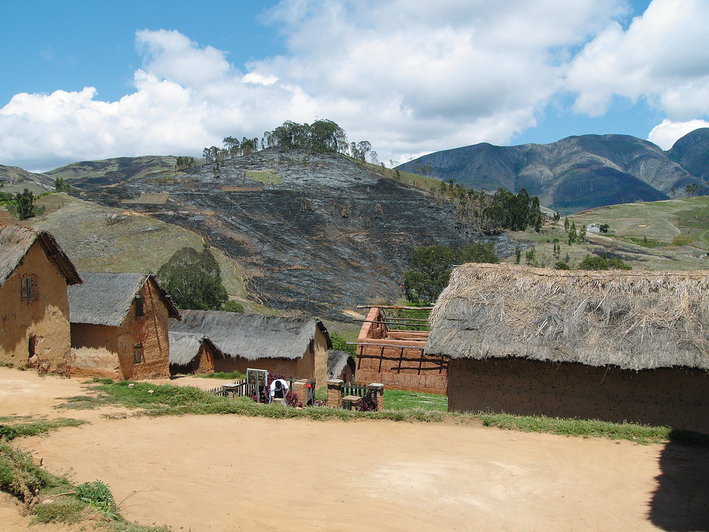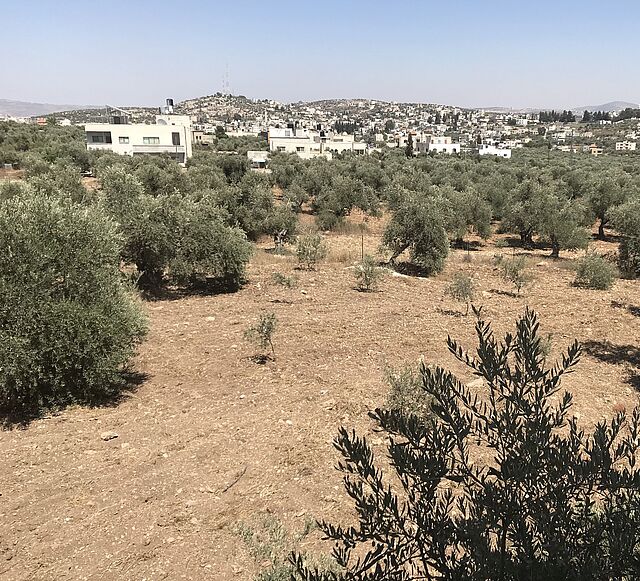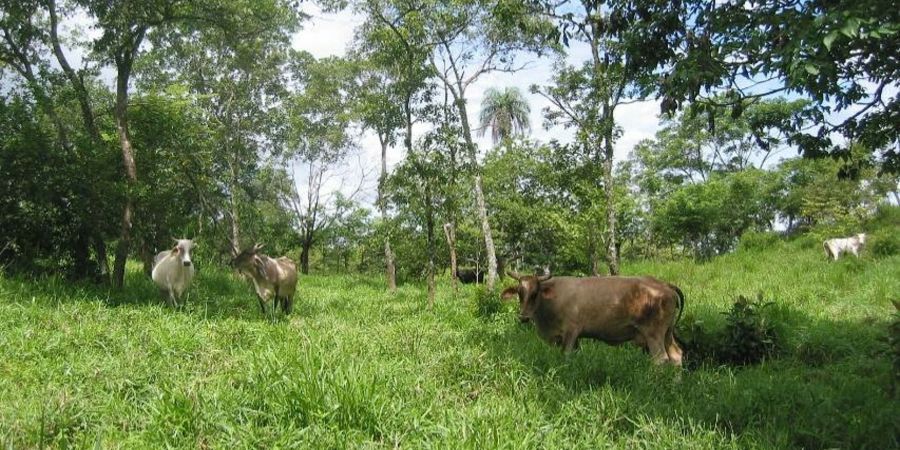
Background: Livestock is one of the most relevant sectors of Honduras’ economy. It generates 13% of the gross domestic product (GDP) and is responsible for approximately 400,000 jobs annually (36% of the economically active population) supporting 180,000 families. However, the sector is also an important greenhouse gas (GHG) emitter, accounting for 9% of the country’s total emissions. Farmers rely on traditional cattle-raising practices characterised by poor animal management and a monoculture pasture approach that considers trees as a limitation and causes land degradation and deforestation.
Approach to Transformational Change: The project “Transforming the Honduran livestock sector to contribute to a low-carbon economy” is designed to promote a productive yet low-carbon livestock sector. The project has the overarching outcome of transforming the livestock sector towards a low-carbon, resilient, and profitable pathway, thereby contributing to Nationally Determined Contribution (NDC) goals as part of the Paris Agreement and the Sustainable Development Goals (SDGs).
To achieve this, the project will 1) enhance current extension programs to promote the adoption of low-carbon measures/practices while increasing market access; 2) improve access to climate finance to catalyse the adoption; 3) create a Knowledge Management Platform (KMP) to improve the understanding of low-carbon solutions in the sector; and 4) align institutional efforts within an enabling regulatory framework to scale-up the project and avoid a reversion to business-as-usual (BAU).
As result, the project seeks to transform of 1,200 farms into low-carbon production systems through an innovation package that will improve productivity, profitability, and climate resilience while reducing GHG emissions and maximizing carbon sequestration at the farm level. The latter result added up to the KMP training and awareness raising campaign will benefit 13,500 people from farmers, employees, family members, extension officials, and credit officials.
The financial cooperation (FC) component plans to establish two financial instruments, unlocking further public and private loans to smallholder farmers to implement low-carbon solutions in the livestock sector. The project will establish concessional loans credit line (EUR 4 million) providing more favourable conditions compared to the market’s average. This instrument is supposed to be complemented with a risk cover guarantee (EUR 2 million) that incentivizes financial institutions and farmers to participate in the scheme.
The project is led by the Ministries of Environment and Agriculture with the technical backstopping of CATIE. The implementing and relevant partners to deploy the project activities include farmers’ guild (FENAG, FEGASURH, COFOGAH, CAHLE), public institutions (SAG DICTA, ICF, SEFIN, SGC, CLIMA+), processing private sector (APROLECHE, ASOHPROLAC), public financing sector (BANHPROVI and BANADESA), private financing sector (Atlantida, Occidente, BANHRURAL, Chorotega, FUNDER), and universities (Zamorano, UNAH).
Mitigation potential: No information is available.

